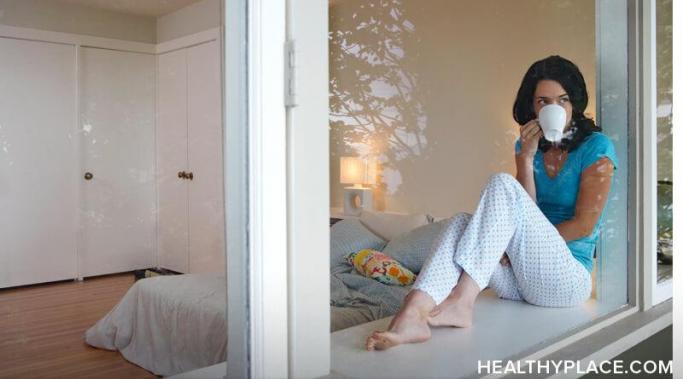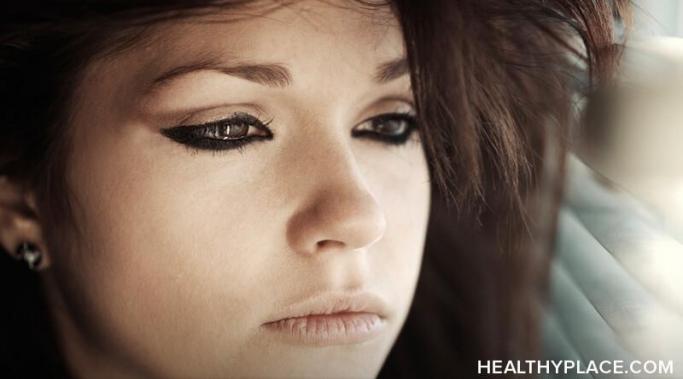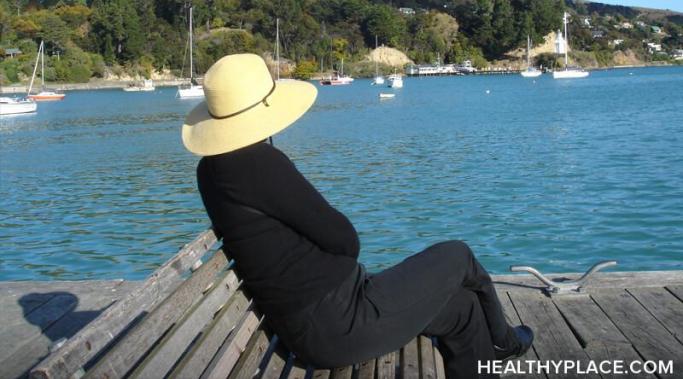Many women dread the mere thought of turning into their mothers, to the extent that "I am turning into my mother" is a dramatic or hilarious trope often used in TV and films. However, in my case, this thought is aspirational instead of terrifying because my mother is one of my role models. And to quote the anonymous, "If I turn into my mother or even half the woman she is, I'll consider my life a successful one."
Mental Health for the Digital Generation
I'm proud of the little things. In today's world, we are supposed to accomplish significant life goals one after the other -- and celebrate them publicly. In the process, we often overlook small wins as if they don't matter. However, being proud of the little things makes life easier, more so when you frequently experience anxiety, depression, and stress.
I have been living with depression for 20 years, and I mean it when I say I'm both a survivor and a victim of depression. What do I mean by this statement? Let's take a look at being a survivor and victim of depression.
Survivor's guilt is real. Nowadays, when I open the Instagram app on my phone, I usually see content of a similar nature: graphic images and videos of dead or seriously injured Palestinians. Often, the people in these posts are babies and children, and it is heartbreaking to see the plight of these innocent, young souls. This post is not about siding with Palestine or Israel, but it is about the survivor's guilt that many of us around the world are experiencing today. Let's take a look.
"Live one day at a time" is one of my mantras in life. As an individual diagnosed with mental illness (double depression and generalized anxiety disorder), it is harder for me than people without mental illness to live by this mantra. Here's why living one day at a time is hard for people with mental illness.
It is normal and pleasurable to revisit the past and reminisce every now and then. But have you ever wondered how much nostalgia is good for your health? Let's find out.
A few months ago, I saw #GirlDinner trending on social media. After reading about it, I realized it's a gateway to eating disorders, or at least disordered eating. Let's see why girl dinner can be dangerous.
Who are you? They say you are not your job. Personally, I say one more thing: you are not your relationship. But if you are not your job or relationship, who are you?
I thought about self-forgiveness recently. I celebrated my birthday towards the end of last month -- and around this time, I heard Miley Cyrus's latest song titled "Used To Be Young." It resonated with me because birthdays make me think of the past and what the future has in store for me. While listening to Miley's beautiful song on repeat, I couldn't help but ask myself: Have I forgiven myself for all the mistakes and failures of my past?
Have you ever wondered whether your burning desire to shop has a link to depression? Well, you may be right. Read on to know if excessive spending is a sign of depression.









